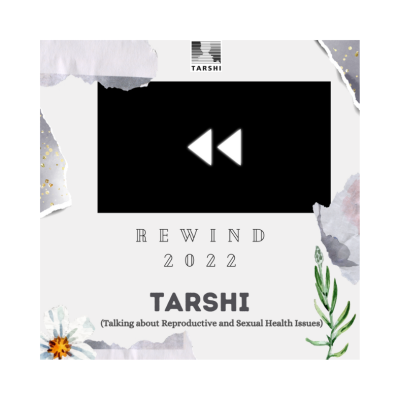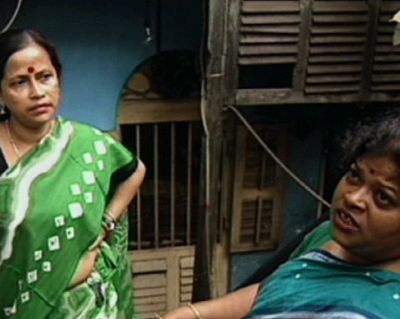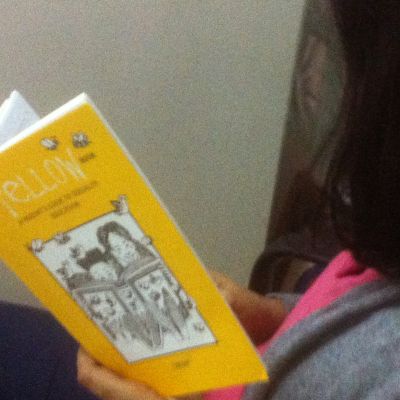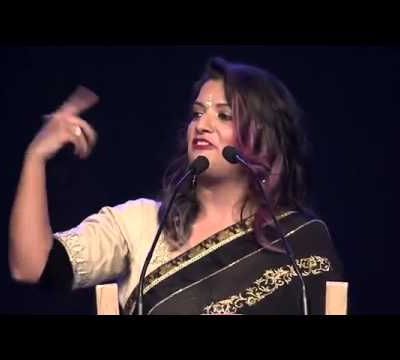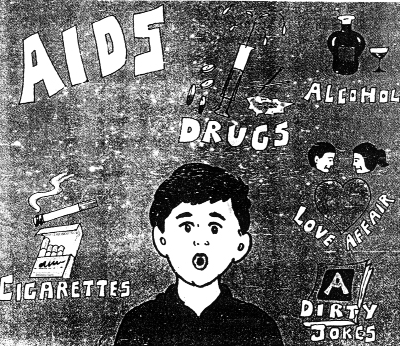Sexuality
It’s sad that we think we own our bodies: the bodies we love, the bodies we hate, the bodies we…
Thanks for being part of our 2022, full of exciting activities and reflection on Sexual and Reproductive Health and Rights (SRHR) and wellbeing.
Looking back at this piece, written seven years ago, the core issues that I identified then remain significant and relevant….
All clear…. no hush hush TARSHI Talks on ‘sexuality and relationships’ is such a welcome sea of information about sexes,…
Note: Five sex workers – four women and one man – along with the filmmaker/narrator embark on a journey of storytelling. Shohini Ghosh’s Tales of the Night Fairies explores the power of collective organising and resistance while reflecting upon contemporary debates around sex work. The labyrinthine city of Kolkata (Calcutta) forms the backdrop for personal and musical journeys.
Tales delicately yet powerfully draws out the conflict between sex workers and feminism in India,at a time when a lot of feminists thought of prostitution through a SWERF lens[1].
Attire and sexuality in the common imagination and approach as represented (and also as received) by the mainstream media tell us a lot about prevailing attitudes to both. Advertisements bombard us with all kinds of representations, negative and positive, of human sexuality, sexual expression and desire. In the creation and marketing of attire and fashion, there is a great awareness of sexual buy-in or rejection by the market – that’s us.
What does Tanu Weds Manu Returns (2015) have in common with Perumal Murugan’s controversial book, One Part Woman (2013)? Stories on emasculation…
I believe that such mini-series as “Unbelievable” will help people have a better understanding of what women go through when they experience a horrific incident like rape or sexual assault.
After the endless media coverage of the horrific gangrape in December 2012, words like rape, sex, vagina and so on…
At the now infamous All India Bakchod Knockout roast last year, comedian Aditi Mittal told this joke about her fellow…
Textbook Regimes: A Feminist Critique of Nation and Identity is a book published by Nirantar that explores the linkages between…
What makes a family? In the month of May, we celebrated Mother’s Day on the 10th and the International Day…
It was a million dollar question. Literally. The Hollywood film Indecent Proposal (1993) had actors Demi Moore and Woody Harrelson…


